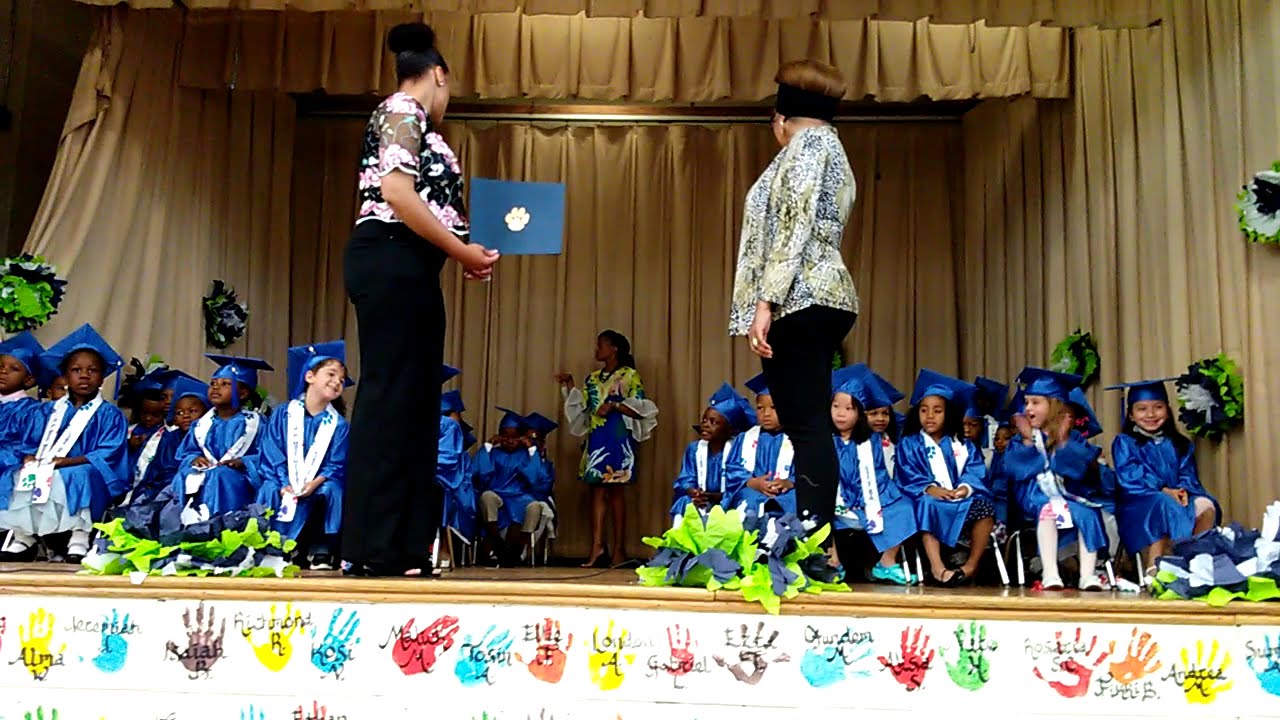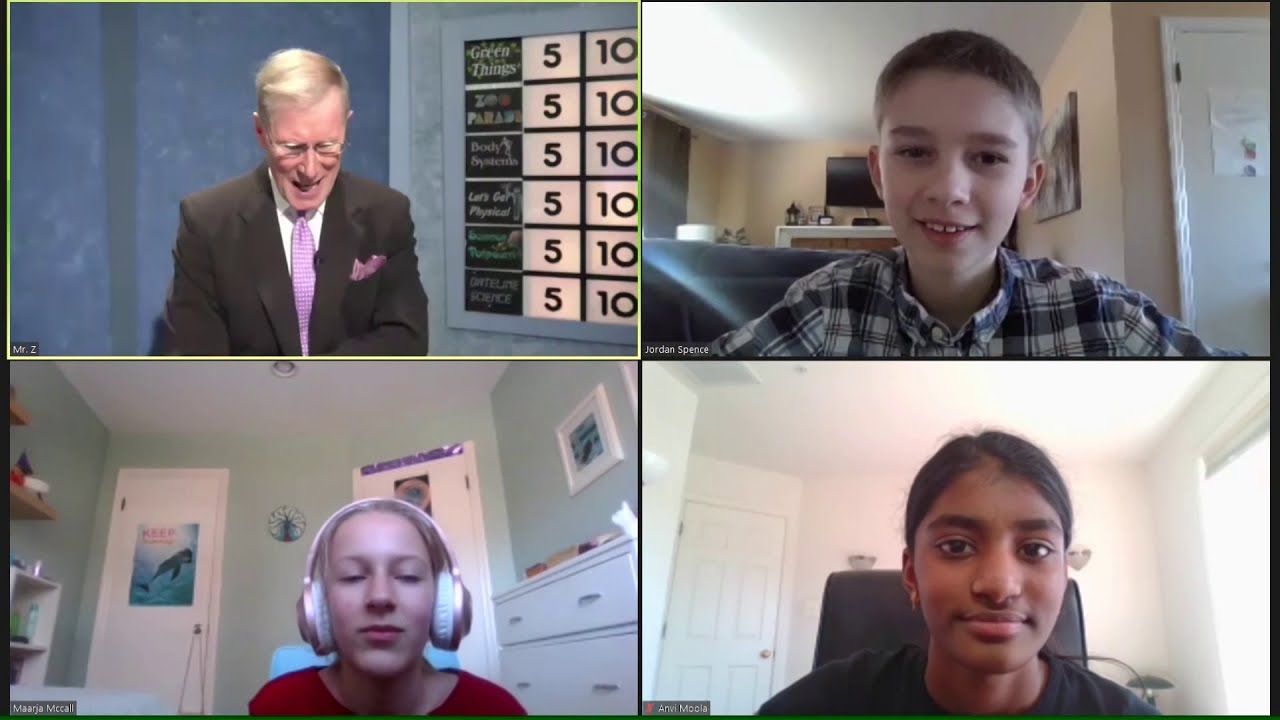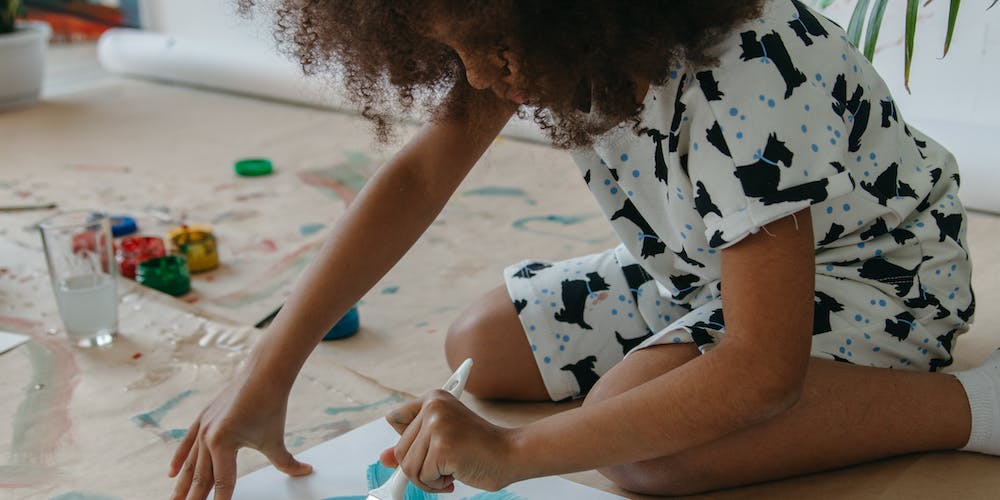
The Judith P. Hoyer Montessori approach is a child-centered educational methodology that emphasizes hands-on learning, self-directed activity, and collaborative play. Named after the former Maryland state senator who championed early childhood education, this approach has gained widespread recognition for its effectiveness in fostering independence, creativity, and critical thinking skills in children. In this comprehensive guide, we will explore the history, principles, and practical applications of the Judith P. Hoyer Montessori approach.
Understanding the History of the Judith P. Hoyer Montessori Approach

The Judith P. Hoyer Montessori approach originated from the teachings of Maria Montessori, an Italian physician, and educator who developed a revolutionary approach to early childhood education in the early 1900s. Montessori’s philosophy was based on the belief that children learn best when they are given the freedom to explore and discover at their own pace in an environment that fosters their natural curiosity and innate desire to learn.
The Judith P. Hoyer Montessori approach builds upon Montessori’s original teachings by incorporating modern research and best practices in early childhood education. Judith P. Hoyer, a longtime advocate for early childhood education, saw the potential of Montessori’s approach and worked tirelessly to promote its implementation in schools throughout Maryland and beyond. Today, the Judith P. Hoyer Montessori approach is recognized as one of the most effective and innovative approaches to early childhood education around the world.
The Principles of the Judith P. Hoyer Montessori Approach

The Judith P. Hoyer Montessori approach is founded on a set of core principles that guide the design and implementation of early childhood education programs. These principles include:
Child-Centered Learning
The Judith P. Hoyer Montessori approach places the child at the center of the learning process, focusing on their individual needs, interests, and learning styles. Teachers act as facilitators, providing guidance and support to each child as they explore and discover the world around them.
Hands-On Learning
The Judith P. Hoyer Montessori approach emphasizes hands-on learning through the use of materials and activities that engage children’s senses and promote self-directed exploration. Children are encouraged to work with materials independently or in small groups, developing their problem-solving and critical thinking skills along the way.
Self-Directed Activity
The Judith P. Hoyer Montessori approach recognizes the importance of allowing children to take charge of their own learning. Children are given the freedom to choose their own activities, follow their interests, and work at their own pace. This fosters a sense of independence, responsibility, and self-confidence that carries over into all areas of their lives.
Collaborative Play
The Judith P. Hoyer Montessori approach encourages children to work together, sharing ideas, and collaborating on projects. This promotes social skills such as cooperation, empathy, and communication while also exposing children to diverse perspectives and ideas.
Practical Applications of the Judith P. Hoyer Montessori Approach
The Judith P. Hoyer Montessori approach is widely used in early childhood education programs around the world, from public and private schools to homeschooling environments. The principles of the approach can be applied in a variety of settings, including:
Classroom Environments
In a classroom setting, the Judith P. Hoyer Montessori approach involves creating a carefully designed environment that allows children to explore and discover at their own pace. Materials are organized and displayed in a way that encourages independent exploration and self-directed learning. Teachers act as facilitators, providing guidance and support as needed while allowing children to take charge of their own learning.
Homeschooling Environments
The Judith P. Hoyer Montessori approach is also popular among homeschooling families who are looking for a child-centered, hands-on approach to education. Homeschooling parents can incorporate Montessori principles into their daily routines by providing engaging materials and activities that encourage self-directed exploration and collaborative play.
The Benefits of the Judith P. Hoyer Montessori Approach
Research has shown that the Judith P. Hoyer Montessori approach offers a number of benefits for children, including:
Improved Academic Performance
Children who learn using the Judith P. Hoyer Montessori approach tend to perform better academically, with higher scores on standardized tests and greater success in later academic pursuits.
Enhanced Social Skills
The Judith P. Hoyer Montessori approach promotes social skills such as cooperation, empathy, and communication through collaborative play and group projects.
Increased Independence and Self-Confidence
By allowing children to take charge of their own learning and explore at their own pace, the Judith P. Hoyer Montessori approach fosters independence, responsibility, and self-confidence.
FAQs
What age group is the Judith P. Hoyer Montessori approach suitable for?
The Judith P. Hoyer Montessori approach is suitable for children from birth to age 6, which is the critical period of development when children are most receptive to learning.
Do I need specialized training to implement the Judith P. Hoyer Montessori approach?
While specialized training in early childhood education and Montessori philosophy can be helpful, it is not necessary to implement the Judith P. Hoyer Montessori approach. Many resources, including books, online courses, and professional development opportunities, are available to help parents and teachers incorporate Montessori principles into their daily routines.
How does the Judith P. Hoyer Montessori approach differ from traditional education methods?
The Judith P. Hoyer Montessori approach differs from traditional education methods in several ways, including its focus on child-centered learning, hands-on activities, self-directed exploration, and collaborative play. In contrast, traditional education methods often involve teacher-led instruction, rote memorization, and standardized testing.
Can the Judith P. Hoyer Montessori approach be used in public schools?
Yes, the Judith P. Hoyer Montessori approach can be implemented in public schools. In fact, many public school districts around the world have adopted the Montessori approach as part of their early childhood education programs.
Is the Judith P. Hoyer Montessori approach effective for children with special needs?
Research has shown that the Judith P. Hoyer Montessori approach can be effective for children with a wide range of abilities and needs, including those with developmental delays, sensory processing disorders, and other special needs. Adaptations can be made to the environment and materials to accommodate the unique needs of each child.
Conclusion
The Judith P. Hoyer Montessori approach is a child-centered, hands-on educational methodology that offers numerous benefits for young children. By emphasizing self-directed activity, collaborative play, and hands-on learning, this approach fosters independence, creativity, and critical thinking skills in children while also promoting social and emotional development. Whether used in a traditional classroom setting or in a homeschooling environment, the Judith P. Hoyer Montessori approach has proven to be an effective and innovative approach to early childhood education.


